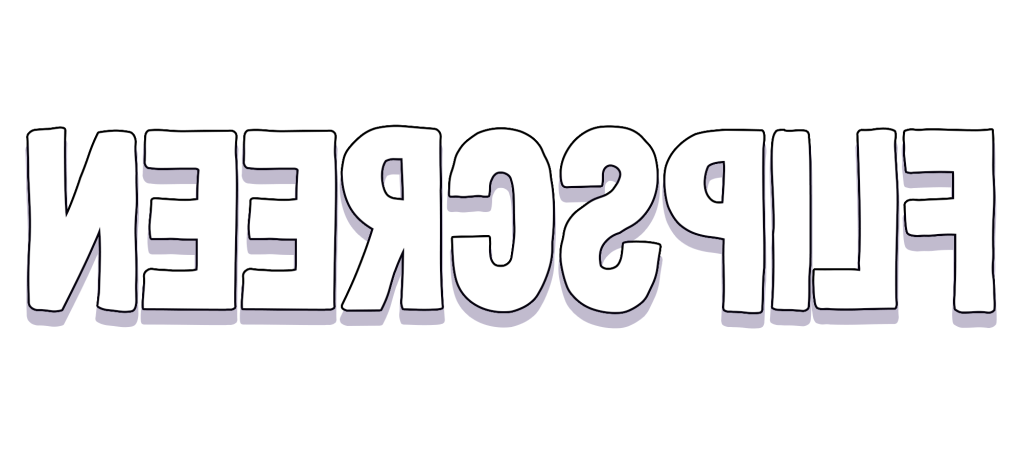“After Life holds a mirror up to the ugly bits of humanity”
Ricky Gervais is responsible for some of the most iconic British comedic series of modern times. He’s the genius behind Extras, Derek, and of course, The Office. So, when he announced the arrival of After Life season one, there was obviously a lot of buzz around it, but nobody anticipated what was to follow.
The Netflix original six-part dark comedy shocked viewers with a brutal and honest approach to loss and grief, laced with some trademark Gervais dark humour. Gone was the buffoonery of the caricatures that we’re so used to seeing him play, in front of us was something new that viewers weren’t used to seeing before.
Season two picks up and follows on from where season one left off: high in our estimations. Gervais’s character, Tony, is supported by a host of excellent characters, most notably Daphne (Roisin Conaty), the sex worker, the instantly detestable psychiatrist (Paul Kaye), the oddball Postman Pat (Joe Wilkinson), and the sweet and loving Lisa (Kerry Godliman).

After Life holds a mirror up to the ugly bits of humanity, focussing on the negative and ugly parts of us in an honest and brave new light by asking the audience to consider if Tony’s pessimistic outlook is truly justified. Grief isn’t an obstacle to overcome for the characters – it’s an ever-present weight dragging them down. Loss is ugly and it hurts deep. After Life’s story gives us a realistic perspective on life after death.
The plot teaches messages of self-love, and the problems that humanity can face on that journey there – whether that’s a sexist, brutish caveman of a therapist, or the inability to let go of the comfort of the past and venture into the unknown future.
Season two deals with some massive issues for the characters: loss, divorce, abandonment, and addiction, which all plague various characters. However, these issues are never compared to each other, each issue is important in its own right, and we learn that we shouldn’t ignore our demons just because they don’t compare to somebody else’s.

After Life reinforces the notion that it’s okay to not be okay and that overcoming grief isn’t a simple process. Kindness isn’t seen as an all-powerful cure to everything, it’s another twist in Tony’s development to becoming a better person.
Through helping those around him, Tony slowly learns that life is worth living, even if he does fall back to where he began sometimes. Even his morbid quote: “Don’t wallow, you get addicted to it. I am, I think. Grief, I mean. I know where I am with it. When something goes well or I see a glimpse of hope, I get confused. And then when it all turns to shit, I go: ‘Oh, there it is. Now I can get drunk and wait for death,’” is aimed to cheer someone else up.
In the final episode, Tony manages to sum up his experience with loss in a way that encapsulates the journey that After Life takes us on. “My dad was old school. Just because you’re unhappy, doesn’t mean you have to make everyone miserable. The opposite to my approach.” Tony is a deeply flawed character but, as season two shows us, we can and should learn to love our flaws.
Perhaps most importantly, season two of After Life teaches us to love ourselves, and value those around us. When you look back on your life, all you are is a series of special moments with special people.
Dir: Ricky Gervais
Prod: Charlie Hanson, Ricky Gervais
Cast: Ricky Gervais, Kerry Godliman, Tom Basen, Tony Way, Diane Morgan, Mandeep Dhillon, David Bradley, Ashley Jensen, Paul Kaye, Penelope Wilton, Joes Wilkinson, Roisin Conaty
Release Date: 2020
Available on: Netflix


Leave a comment